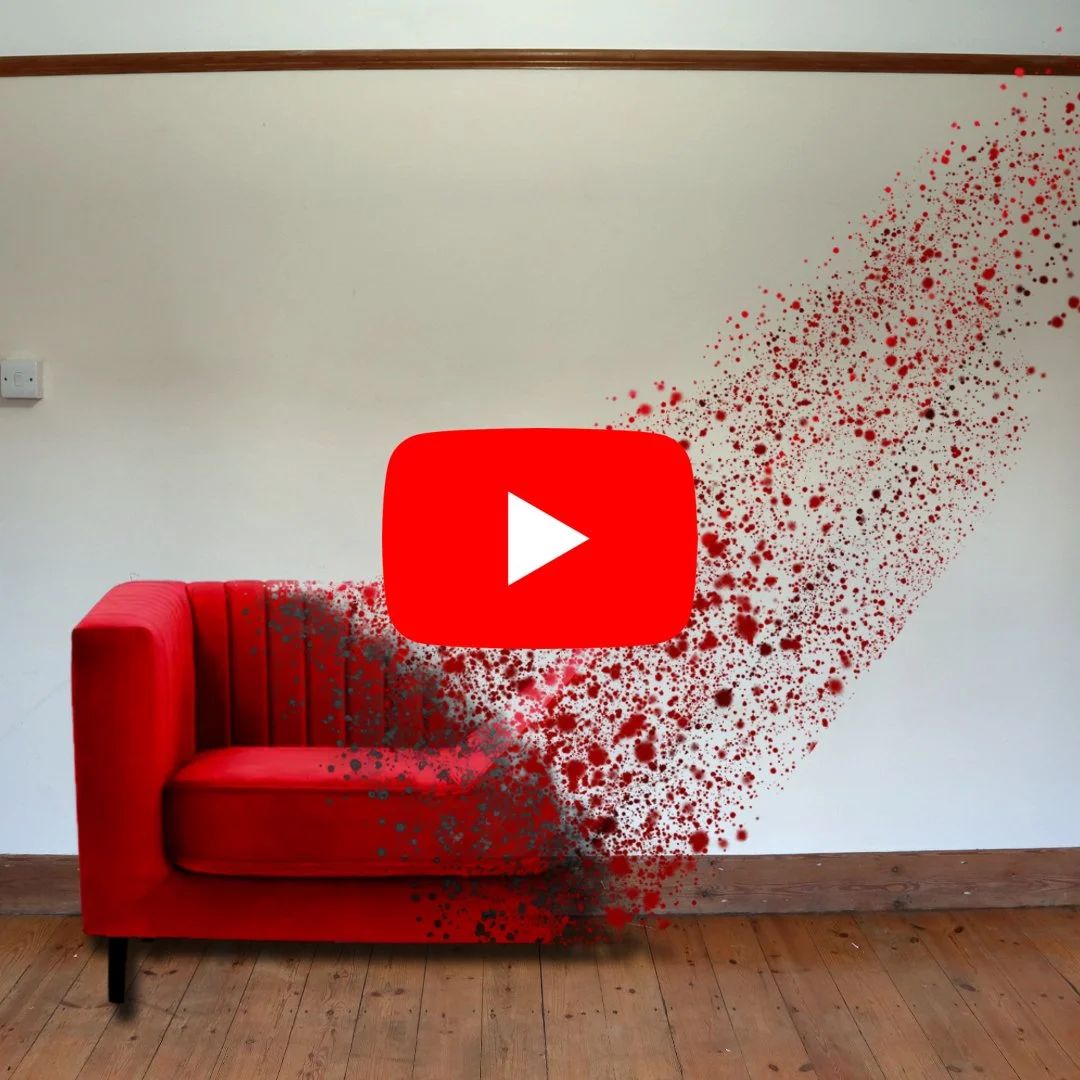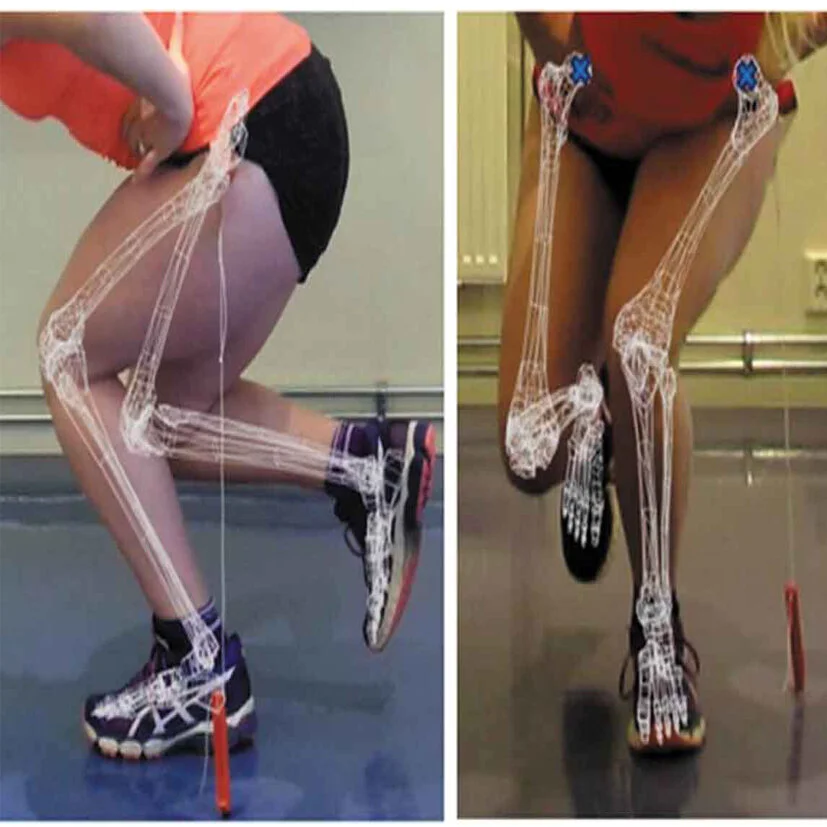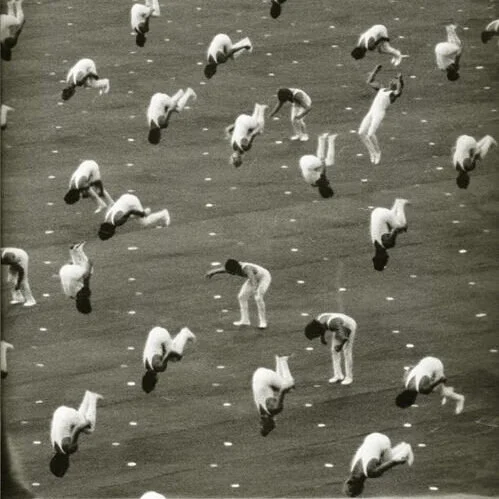Is it time to classify ageing as a disease?
Here in the West, Covid-19 has exposed the utter terror of people facing their own mortality for the first time, clamouring for protection from institutions and demanding the Government somehow eliminate even the mere whiff of risk. The elderly are our closest connection to death; could that be one of the reasons so many of them are sent off to spend their last years in care homes, away from daily life so we don’t have to be reminded of our own fate?
Ageing Fits the Disease Criteria of the International Classification of Diseases
Ageing can be thought of as a progressive physiological and cognitive functional decline of the body, leading to a reduced ability to adapt to our environment. Whether these changes constitute a disease remains an open debate within the scientific community.
One of the first people to equate old age with disease was Robert Perlman who, in 1954, published a paper in which he called ageing a ‘disease complex’. Fast forward to 2015 and a publication by a team of gerontologists analysed how the ageing process compared to criteria found in the International Classification of Diseases (ICD-11), a reference developed by The World Health Organisation (WHO) to help doctors and other healthcare professionals identify diseases. They concluded that features common to ageing, such as low-grade systemic (whole body) inflammation, decrease in cellular division, and hormonal changes fits the ICD-11 criteria for being considered a disease.
According to the WHO a disease is a set of dysfunction(s) in any of the body systems defined by:
Known pattern of signs, symptoms and related findings
An underlying explanatory mechanism
A distinct pattern of development over time
A known pattern of response to interventions
Genetic factors
Interacting environmental factors
By 2018 the WHO added an extension code in the latest version of the International Classification of Diseases for ‘ageing-related’ diseases, which it defines as those ‘caused by pathological processes which persistently lead to the loss of organism’s adaptation and progress in older ages.’ That decision may pave the way for defining ageing itself as a disease. If this does happen, it reframes ageing it into a treatable condition, facilitating therapeutic interventions and preventative strategies.
Usual Ageing
Occurs when factors of lifestyle or environment intensify the common age related changes such as diminished muscle strength and muscle mass, increases in body fat, lower levels of physical activity etc.
Successful Ageing
Maintaining and even enhancing physical and cognitive function whilst minimising the risk of disease and disability. Continuing to engage with life into older age through maintenance of factors such as physical activity levels, muscular strength and muscle mass etc.
Image © LintonArt
Usual vs Successful ageing
It is unclear whether ageing is a process or an outcome, although we can look at various factors that come into play. With most things, we pin our hopes on a simplistic view of life that says we are at the mercy of intrinsic factors which determine and rule our life. Intrinsic factors are genetic, physiological, and pathological characteristics that we have no control over. Rather inconveniently to our desire to be victims of circumstance, we are also capable of taking control over many aspects of ageing and there are also plenty of extrinsic factors which profoundly influence the trajectory of our life - things such as diet, exercise, personal habits and our mindset. These are called extrinsic factors and are related to our physical environment.
As in nearly all aspects of health, we need to understand the role we play in creating the conditions of our lifestyle. The effects of the ageing process itself have been exaggerated, and the impact of how we eat, move, think and connect with others is underestimated, all of which have a strong impact on our physiology. Successful ageing emerges from our habits, patterns, routines and mindset and, whether we like it or not, we cannot escape cause and effect - if we don’t eat well or move much as an adult then it’s likely we will degenerate quicker as we move into old age.
REFERENCES
Robert M. Perlman, “The Aging Syndrome”
Rowe, John W., and Robert L. Kahn. "Human Aging: Usual and Successful." Science 237, no. 4811 (1987): 143-49. Accessed August 24, 2020. http://www.jstor.org/stable/1699814
Khaltourina D, Matveyev Y, Alekseev A, Cortese F, Ioviţă A. Aging Fits the Disease Criteria of the International Classification of Diseases. Mech Ageing Dev. 2020;189:111230. doi:10.1016/j.mad.2020.111230
Weber, Daniela. “Differences in physical aging measured by walking speed: evidence from the English Longitudinal Study of Ageing.” BMC geriatrics vol. 16 31. 28 Jan. 2016, doi:10.1186/s12877-016-0201-x
Studenski S, Perera S, Patel K, Rosano C, Faulkner K, Inzitari M, Brach J, Chandler J, Cawthon P, Connor EB, Nevitt M, Visser M, Kritchevsky S, Badinelli S, Harris T, Newman AB, Cauley J, Ferrucci L, Guralnik J. Gait speed and survival in older adults. JAMA. 2011 Jan 5; 305(1):50-8
Elbaz A, Sabia S, Brunner E, Shipley M, Marmot M, Kivimaki M, Singh-Manoux A, Association of walking speed in late midlife with mortality: results from the Whitehall II cohort study. Age (Dordr). 2013 Jun; 35(3):943-52
Blain H, Carriere I, Sourial N, Berard C, Favier F, Colvez A, Bergman H. Balance and walking speed predict subsequent 8-year mortality independently of current and intermediate events in well-functioning women aged 75 years and older. J Nutr Health Aging. 2010 Aug; 14(7):595-600
Guralnik JM, Simonsick EM, Ferrucci L, Glynn RJ, Berkman LF, Blazer DG, Scherr PA, Wallace RB. A short physical performance battery assessing lower extremity function: association with self-reported disability and prediction of mortality and nursing home admission. J Gerontol. 1994 Mar; 49(2):M85-94
Bulterijs S, Hull RS, Björk VC, Roy AG. It is time to classify biological aging as a disease. Front Genet. 2015 Jun 18;6:205. doi: 10.3389/fgene. 2015.00205.
Kottow MH. A medical definition of disease. Med Hypotheses. 1980;6(2):209-213. doi:10.1016/0306-9877(80)90085-7
Opening the door to treating ageing as a disease, The Lancet, Diabetes & Endocrinology, Volume 6, ISSUE 8, P587, August 01, 2018, DOI: https://doi.org/10.1016/S2213-8587(18)30214-6
WHO ICD-11 alpha draft https://www.who.int/classifications/icd/revision/Content_Model_Reference_Guide.January_2011.pdf?ua=1






























What are the most common misconceptions about furniture free? Well these are my top three!